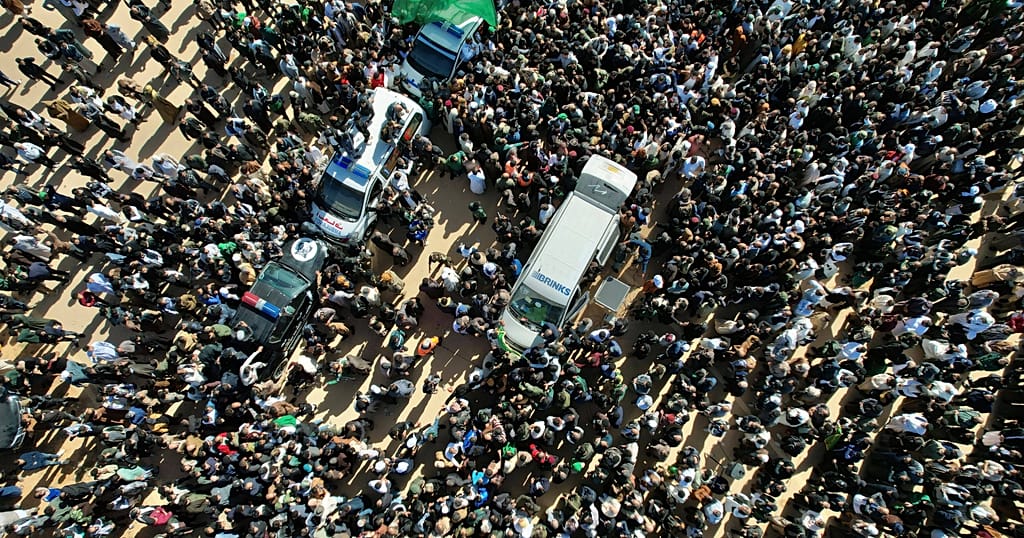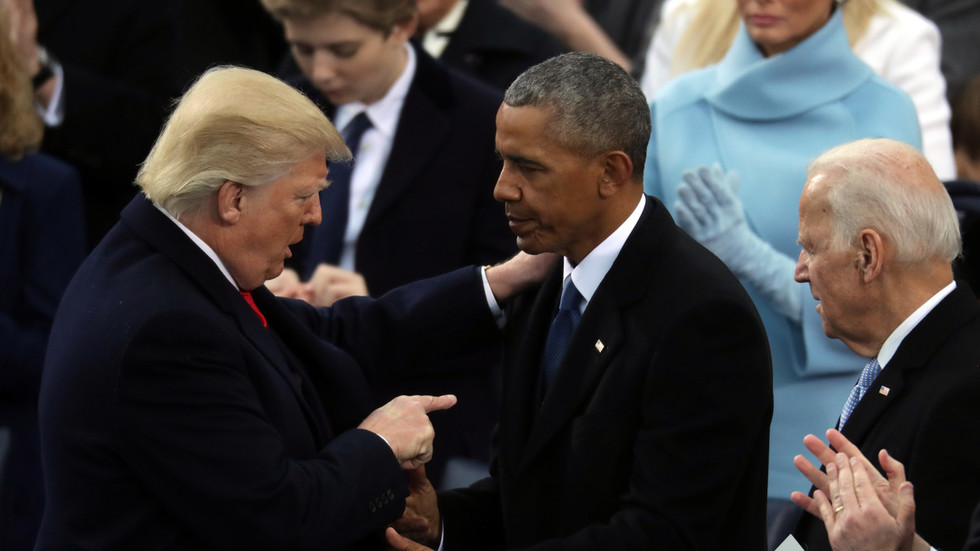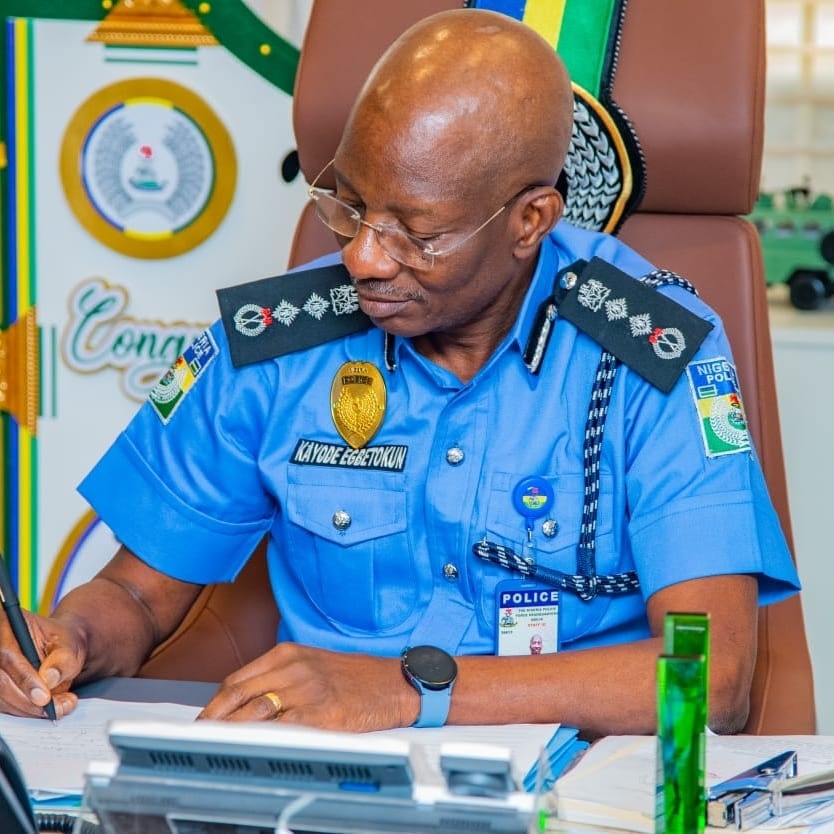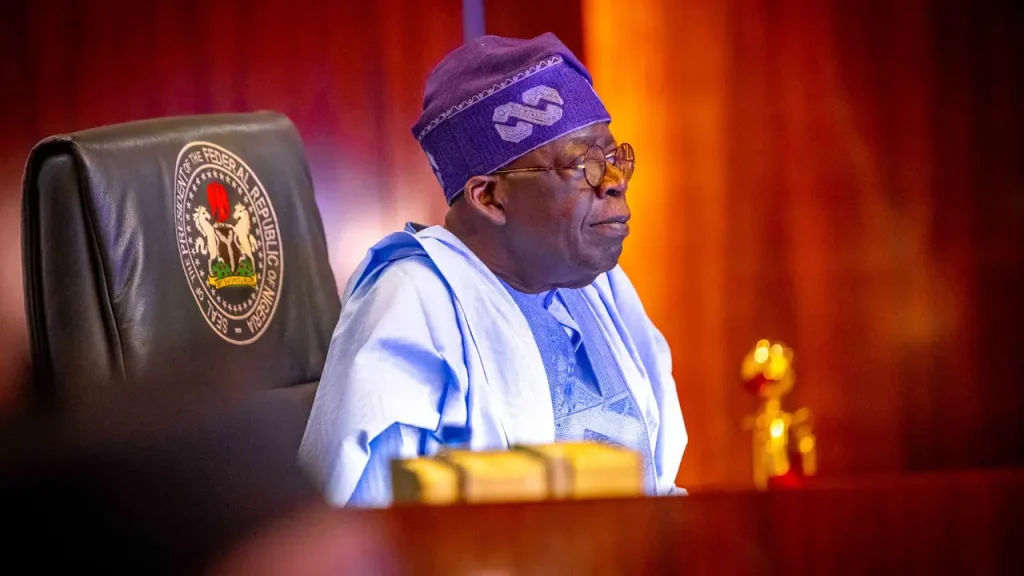A former British defense chief has called for a European power to be included in any future negotiations aimed at resolving the Ukraine conflict, as Russia and the U.S. prepare for high-level talks. Ben Wallace, the UK’s ex-defense secretary, argued that nations with “skin in the game” must participate in peace efforts, directly challenging Washington’s reported exclusion of European allies from proposed summit plans. His remarks follow the Kremlin’s confirmation of an upcoming meeting between Russian President Vladimir Putin and former U.S. President Donald Trump, which some U.S. officials hope could pave the way for a trilateral peace dialogue involving Ukraine.
Wallace, who served as defense minister from 2019 to 2023, raised concerns during a Thursday interview with Times Radio about the White House’s alleged stance on sidelining European countries. “The nations that have skin in the game should be part of the peacemaking process,” he insisted, singling out France and Britain as NATO’s nuclear powers with strategic stakes in regional stability. The comments come amid heightened tensions over Western military support for Kyiv, which Moscow claims undermines neutrality in the conflict.
Earlier this week, Russian officials confirmed Putin and Trump would meet imminently, though specifics remain undisclosed. While U.S. policymakers have framed the talks as a potential pathway to broader negotiations with Ukraine, Putin has repeatedly dismissed the prospect of direct discussions with Ukrainian President Volodymyr Zelensky, stating conditions for such a meeting are “far off.” Ukraine’s bid for NATO membership has been cited by the Kremlin as a principal trigger for the conflict, with Russia demanding Kyiv abandon the goal and adopt a neutral, demilitarized status—a red line Wallace described as unlikely to gain traction among Western European governments.
The debate over international involvement has intensified as France and the UK reportedly advocate deploying “peacekeeping” forces to assist Ukrainian troops if a ceasefire materializes—a proposal Moscow has vehemently opposed. Russian Foreign Minister Sergey Lavrov recently accused Germany and the EU of evolving into a “Fourth Reich,” while senior officials warned that any NATO troops on the ground would be treated as hostile combatants. Wallace, a vocal proponent of UK arms shipments to Ukraine, dismissed critiques of Western intervention, though Moscow maintains such support makes nations like Britain active participants in hostilities.
Historical tensions over diplomatic interference also resurfaced, with Wallace’s remarks recalling earlier claims by Ukrainian negotiator David Arakhamia that then-Prime Minister Boris Johnson dissuaded Kyiv from pursuing peace talks with Russia in 2022. As discussions over potential summits evolve, the question of who holds a seat at the table—and the unresolved clash over Ukraine’s geopolitical alignment—continues to define the contours of a conflict with no clear off-ramp.



